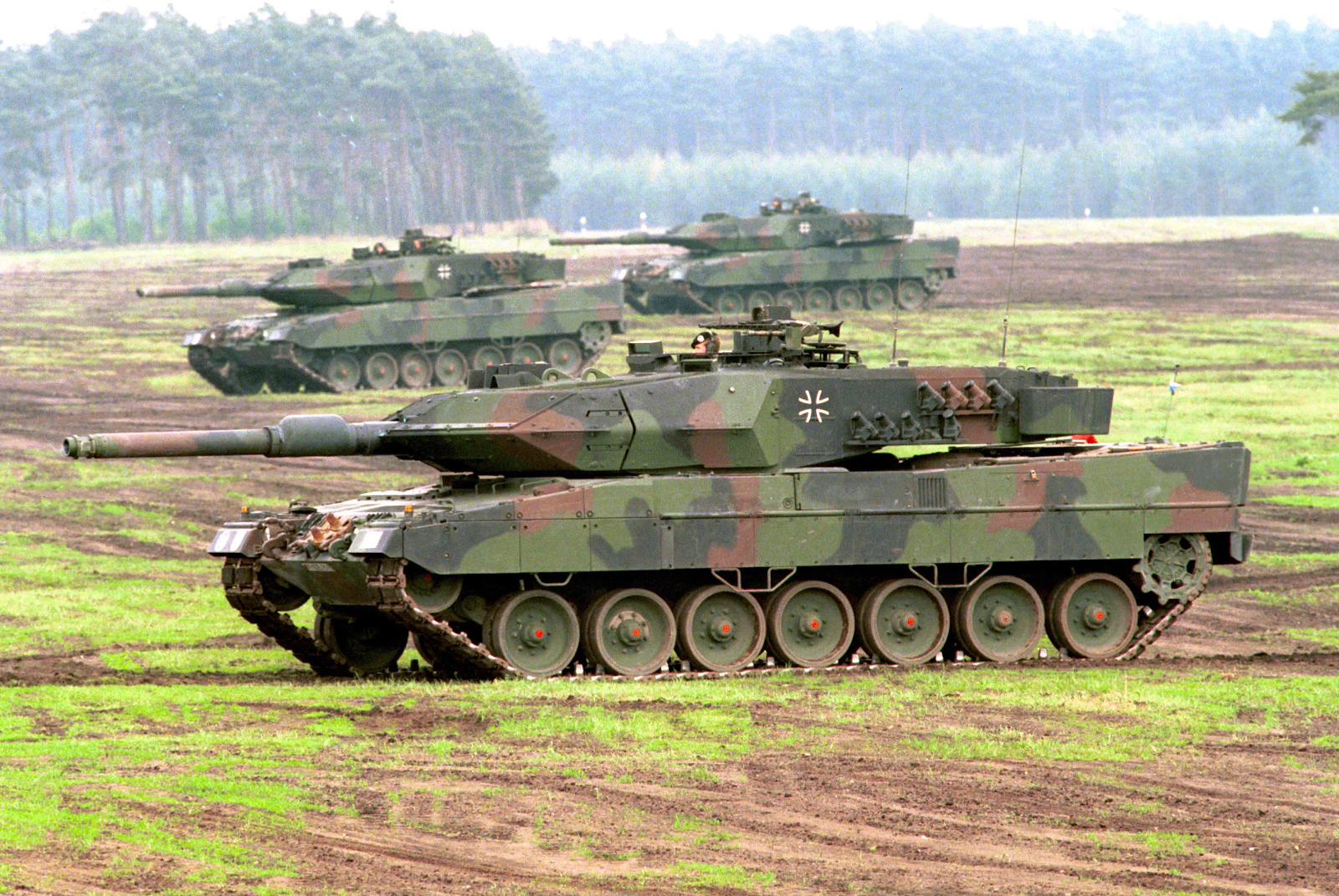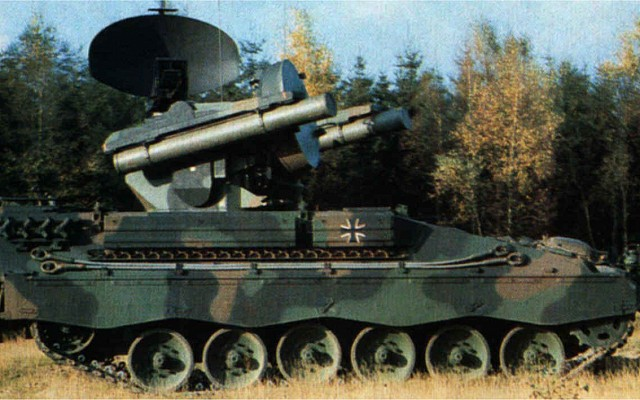When is a Panzer not a tank?
In the debate about arms deliveries to Ukraine, Defence Minister Lambrecht has caused confusion with a statement - and triggered a wave of criticism.
Federal Defence Minister, Christine Lambrecht made a
surprising statement about the Gepard tank during her government statement in
the Bundestag. "The Gepard is not a tank," said the SPD politician on
Wednesday in Berlin. The explanation: The Gepard is not classified as a tank in
the Bundeswehr expert system.
"The Gepard is there to protect infrastructure by
shooting from its twin barrels into the air," Lambrecht explained. Her statements caused confusion not only in
the Bundestag, but also on Twitter. Because: The Gepard is a tank, more precisely
an anti-aircraft gun tank. So what's
behind it?
What Lambrecht probably means: Compared to the Marder
infantry fighting vehicle and the Leopard main battle tank, the Gepard is not
a "main battle tank". Main
battle tanks are the most heavily armoured and most flexibly armed class of
tanks and form the backbone of the land forces.
Leopard, Marder and Gepard differ in areas of application
Usually, main battle tanks are armoured tracked vehicles
with a gun as the main weapon in a rotating turret. They should represent the best possible
compromise between armour, firepower and mobility. Their task is to fight enemy tanks and
fortified positions.
According to the Bundeswehr, however, the Gepard was
primarily developed to protect the Panzer and Panzer Grenadier troops from
attacking aircraft and helicopters at low altitudes during accompanying
operations. It can hit air targets at a
range of around 5,500 meters and ground targets at a range of up to 2,000
meters.
"Together with the anti-aircraft missile tank
(FlaRakPz) Roland and most recently the light anti-aircraft system, Ozelot, the
Gepard formed the army air defence system of the Bundeswehr," says the
Bundeswehr website. The Gepard was in
use in the Bundeswehr almost until the army air defence force was disbanded ten
years ago.
So Leopard, Marder and Gepard are all tanks, but they differ
in their functions. However, Lambrecht did not explain these
differences in the government statement.
Instead, she emphasized that the German government is
sticking to its intention not to deliver any "western-style tanks" to
Ukraine, since other countries are not doing this either. According to Lambrecht, there will be no
"German go-it-alone effort" on this issue. The Federal Security Council has therefore not
yet approved export applications from the industry for Leopard and Marder
tanks.
On Twitter, some users criticized Lambrecht's statements
about the Gepard tank: "But if it's not a tank, then what is it?"
asked one. "Obviously Defence
Secretary Lambrecht has not delved deeper into the detailed work of her department
yet," commented another.
The Bundestag member, Serap Güler (CDU) wrote about the
incident on Twitter: The Gepard "does not just shoot (...) in the air, but
at enemy targets. And it does not do
this with a barrel, but with two machine guns."
Lambrecht made the cheetah statement after Güler's party
colleague, Florian Hahn asked why Germany didn't supply Marders but Gepards.
"Pretty much at the limit of what is still
responsible"
The defence minister had previously spoken in detail about
German support for Ukraine in using heavy weapons in the war against Russia. Next week, Ukrainian soldiers will begin
training on the Mars II multiple rocket launcher system promised by Germany, Lambrecht
said. After completing the training, the
system can be delivered to the Ukraine.
The deployment of the Mars II multiple rocket launcher
system is "in preparation," said the minister. As already announced, Germany will provide
three such systems, Great Britain also three and the USA four.
The rocket launchers come from Bundeswehr stocks, as do the
seven Panzerhaubitzen 2000, whose delivery to Kyiv the Federal government had
previously confirmed. With the handing
over of the two weapon systems, Germany has "rather reached the limit of
what is still responsible" if national and alliance defence is to be
further guaranteed, Lambrecht conceded. According
to her, the delivery of the Iris-T air defence system from the armaments
industry - and the Gepard tank - is still planned.
Ring exchange projects "on the right track"
With a view to the delivery of heavy weapons that has now
started, Lambrecht emphasized that Ukraine had promised not to use them against
Russian territory. Kyiv has assured
"on its own initiative" that Russian territory will not be shelled.
On the question of the planned ring exchange projects with
several countries, Lambrecht said that they were "on the right
track". Corresponding discussions
were held with Poland, Greece, Slovakia and Slovenia. She assumes that they can start "very
soon". The exchange via rings is
about other countries handing over heavy weapons of Soviet design to Ukraine
and Germany providing replacements for them.
Lambrecht also commented on the German government's decision
to make public the arms deliveries to Ukraine that have already taken place and
those that are still planned. A
corresponding list has been online since Tuesday.
Ukraine originally asked not to release any details,
Lambrecht said. However, Kyiv has since
given up taking this position. After the
Federal Government had also liaised "intensively" with her allies, it
was therefore decided to publish it on the Internet. For security reasons, however, it will
continue to be kept secret when and via which transport routes weapons will be
delivered.
Well-informed Tom Cooper provides updates on the war in Ukraine.






Comments
Post a Comment